| Pesticide class | Herbicide |
|---|---|
| Active ingredient | 2,4-D+ MCPA |
| Formulation | 67.5%SL |
| Resistance group | HRAC:O |
| PHI | PHI for this Herbicide has not been reported |
| Acute Oral LD 50 for Rats | 2500 mg/kg |
2,4-D + MCPA 67.5% SL
It is a selective-systemic and hormonal herbicide from the phenoxy-carboxylates group and a growth inhibitor. Auxin-like herbicides cause growth disturbance through binding to auxin binding proteins, which leads to twisting, thickening and elongation of leaves and stems. This herbicide is absorbed by the aerial parts of the plant.
Cases and dosage
|
Crop |
Weed | Dosage | Application Time |
|
Wheat and barley |
Broadleaf weeds | 1-2 lit per hectare |
Tillering to stem formation |
Related products
Cyhalofop-Butyl+ Penoxsulam 6% OD
Triflusulfuron-Methyl 50% DF
Clopyralid 30%SL
Nicosulfuron 4% OD
It is a selective, systemic post-emergence herbicide, absorbed by foliage and roots. It belongs to the class of sulfonylurea herbicides and inhibition of aceto-lactase synthase (ALS) or Acetohydroxyacid synthase (AHAS) mode of action. Its mode of action is by branched chain amino acid valine, leucine, and isoleucine synthesis inhibition.
Bensulfuron methyl 60% DF
Phenmedipham+Desmedipham +Ethofumesate 27.4% EC
Oxadiazon 12%EC
Tribenuron methyl 75% DF
It is a contact and selective herbicide, absorbed by foliage and roots. It belongs to the class of sulfonylurea herbicides and inhibition of aceto-lactase synthase (ALS) or Acetohydroxyacid synthase (AHAS) mode of action. Its mode of action is by branched chain amino acid valine, leucine, and isoleucine synthesis inhibition.


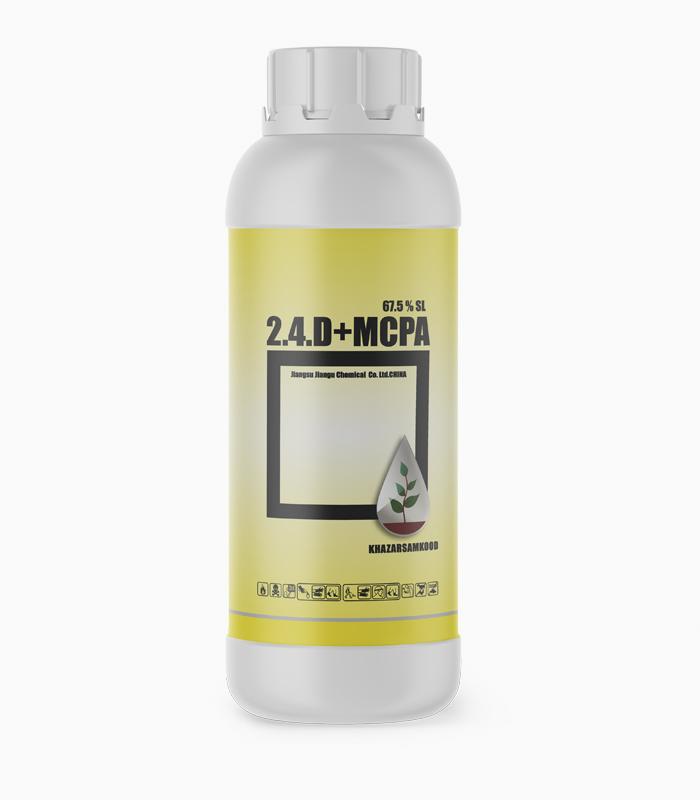
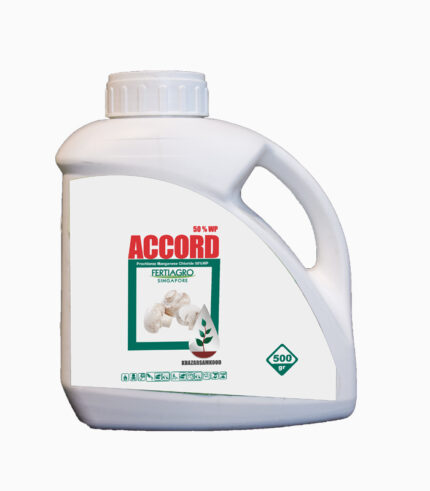
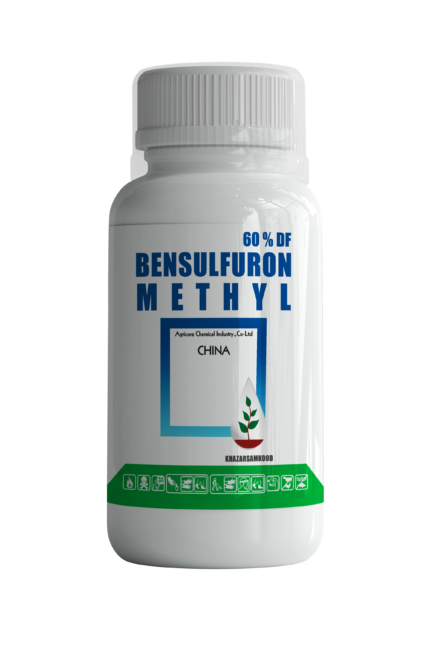

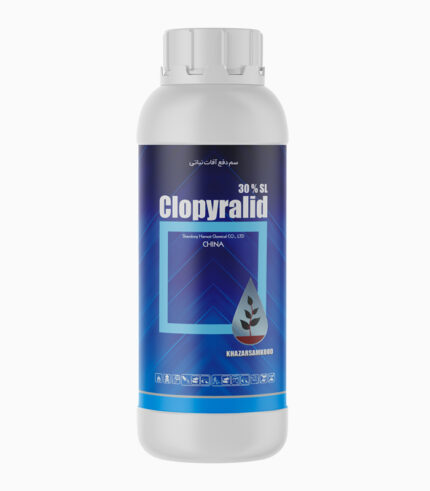
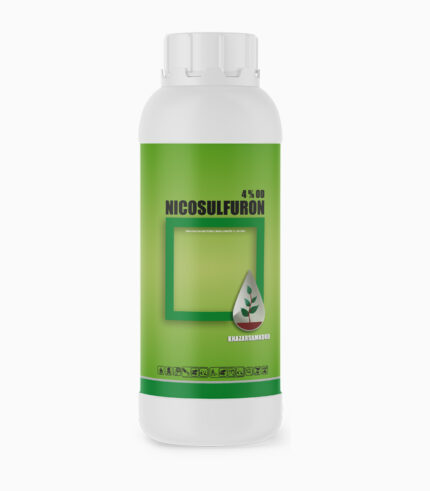
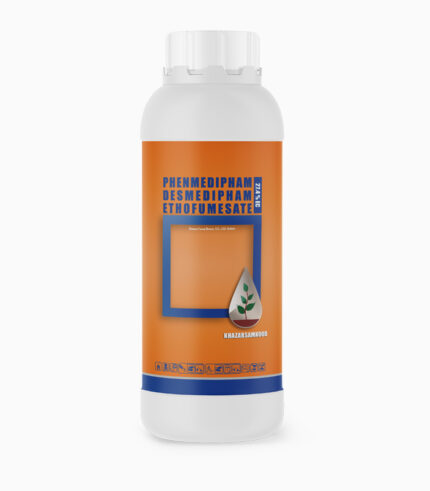
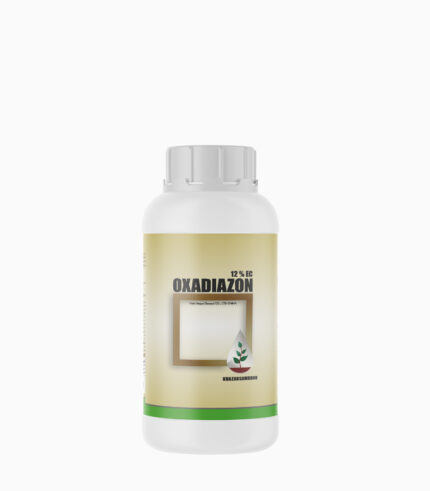
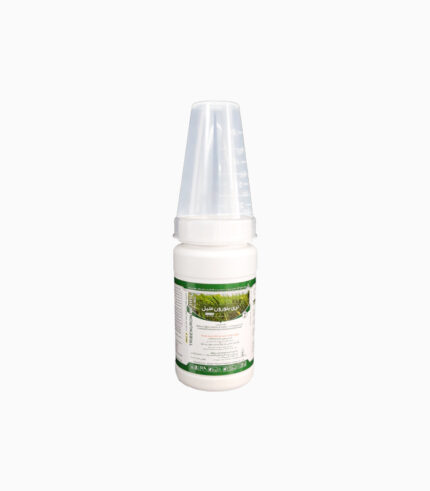
Reviews
There are no reviews yet.